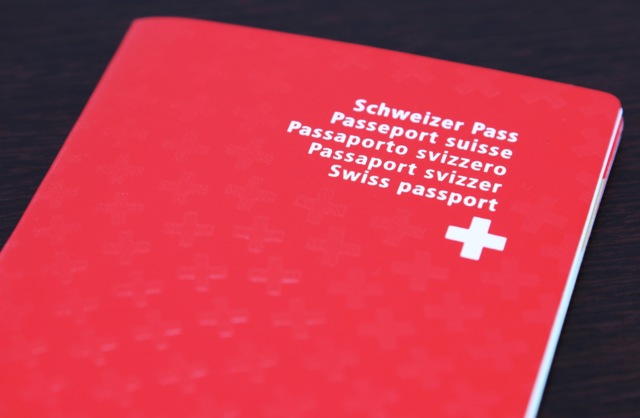The municipality said it refused to grant the couple's citizenship application over their lack of respect for gender equality, Lausanne mayor Grégoire Junod told the AFP news agency.
He said a municipal commission had questioned the couple several months ago to determine if they met the criteria for citizenship, but had determined in the ruling made public Friday that they missed the mark on integration.
Read also: Ten unspoken rules for fitting in with the Swiss
He refused to divulge the couple's nationalities or other identifying details, but said they “did not shake hands with people of the opposite sex.”
They also “showed great difficulty in answering questions asked by people of the opposite sex,” he said.
Some devout Muslims argue that Islam does not permit physical contact with a person of the opposite sex, with the exception of certain immediate family members.
Junod pointed out that freedom of belief and religion is enshrined in the laws of the Canton of Vaud, which encompasses Lausanne.
Read also: No federal law on handshaking in Swiss schools
But “religious practice does not fall outside the law,” he stressed. His vice-mayor, Pierre-Antoine Hildbrand, who was on the three-member commission that questioned the couple told AFP he was “very satisfied with the decision” to deny the couple's application.
“The constitution and equality between men and women prevails over bigotry,” he said.
The couple has 30 days to appeal the decision, Junod said.
This is not the first time refused handshakes have stirred tensions in Switzerland.
In 2016, there was national uproar over revelations that a middle school in the north of the country had allowed two Syrian brothers not to shake their teachers' hands after they complained that doing so was counter to their religious beliefs if the teacher was a woman.
This ran counter to a deeply entrenched Swiss tradition of students shaking their teacher's hands as a sign of respect, and amid the outcry regional authorities quickly overruled the school's decision.
Read also: Would you pass a Swiss citizenship test?



 Please whitelist us to continue reading.
Please whitelist us to continue reading.